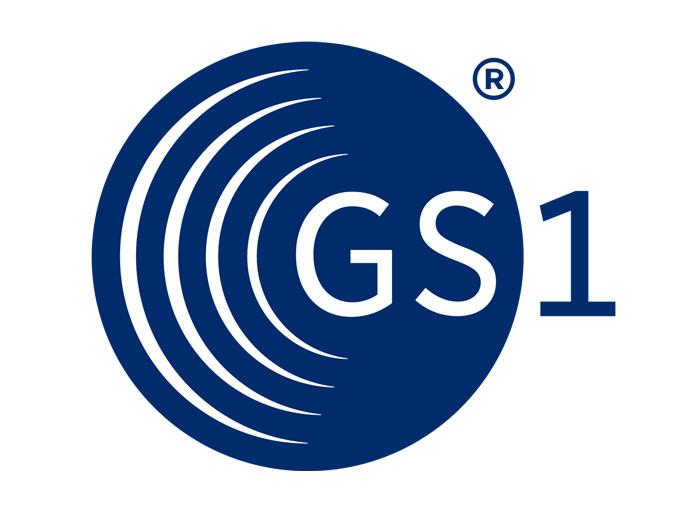Grocery and Foodservice Industries to Leverage New GS1 US Implementation Guideline
June 15, 2021 | 3 min to read

EWING, N.J. – GS1 US has published a new implementation guideline for the grocery and foodservice industries, advising how extended product data can be captured using Electronic Product Code-enabled/Radio Frequency Identification (EPC/RFID).
The document, “GS1 US EPC Extended Attributes Implementation Guideline for the Food Industry,” provides direction for leveraging EPC/RFID technology to track cases and cartons for improved traceability and food safety, enabling better recall management, freshness management and operational efficiencies. EPC/RFID solutions provide inventory visibility without line-of-sight scanning, which can save time and labor.
“The U.S. Food and Drug Administration (FDA) is advocating for tech-enabled traceability to improve food safety through the New Era of Smarter Food Safety blueprint,” said Angela Fernandez, vice president, community engagement, GS1 US. “The guideline can help industry leaders extend their investments in GS1 Standards through RFID, which will ultimately accelerate data capture, help them adapt to shifting consumer demands and support traceability during this critical moment in food safety.”
The food industry has been leveraging the GS1-128 barcode on cases and cartons to encode a product’s Global Trade Item Number (GTIN) and traceability data (e.g., batch/lot, date, serial number and net weight) for many years. The new guideline was developed to operate within existing GS1 Standards for encoding this product data in an EPC scheme, better enabling the digital communication of traceability data via EPC/RFID at each point across the supply chain. Encoding additional data such as batch/lot number and date into the EPC/RFID tag memory facilitates use cases such as removing products from a recalled lot or rotating products effectively to ensure freshness.
For more information about GS1 US, visit www.gs1us.org
About GS1 US:
GS1 US®, a member of GS1 global, is a not-for-profit information standards organization that facilitates industry collaboration to help improve supply chain visibility and efficiency through the use of GS1 Standards, the most widely used supply chain standards system in the world. Nearly 300,000 businesses in 25 industries rely on GS1 US for trading partner collaboration that optimizes their supply chains, drives cost performance and revenue growth, while also enabling regulatory compliance. They achieve these benefits through solutions based on GS1 global unique numbering and identification systems, barcodes, Electronic Product Code (EPC®)-based RFID, data synchronization and electronic information exchange. GS1 US also manages the United Nations Standard Products and Services Code® (UNSPSC®). For more information, please visit www.gs1us.org.
